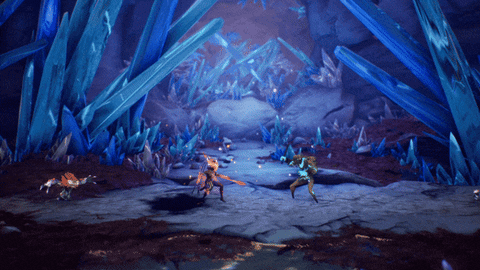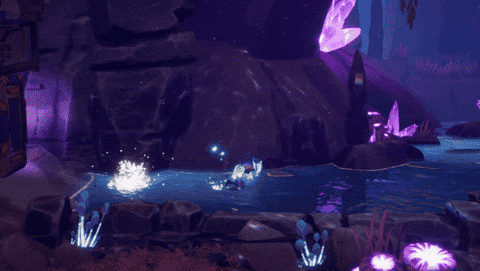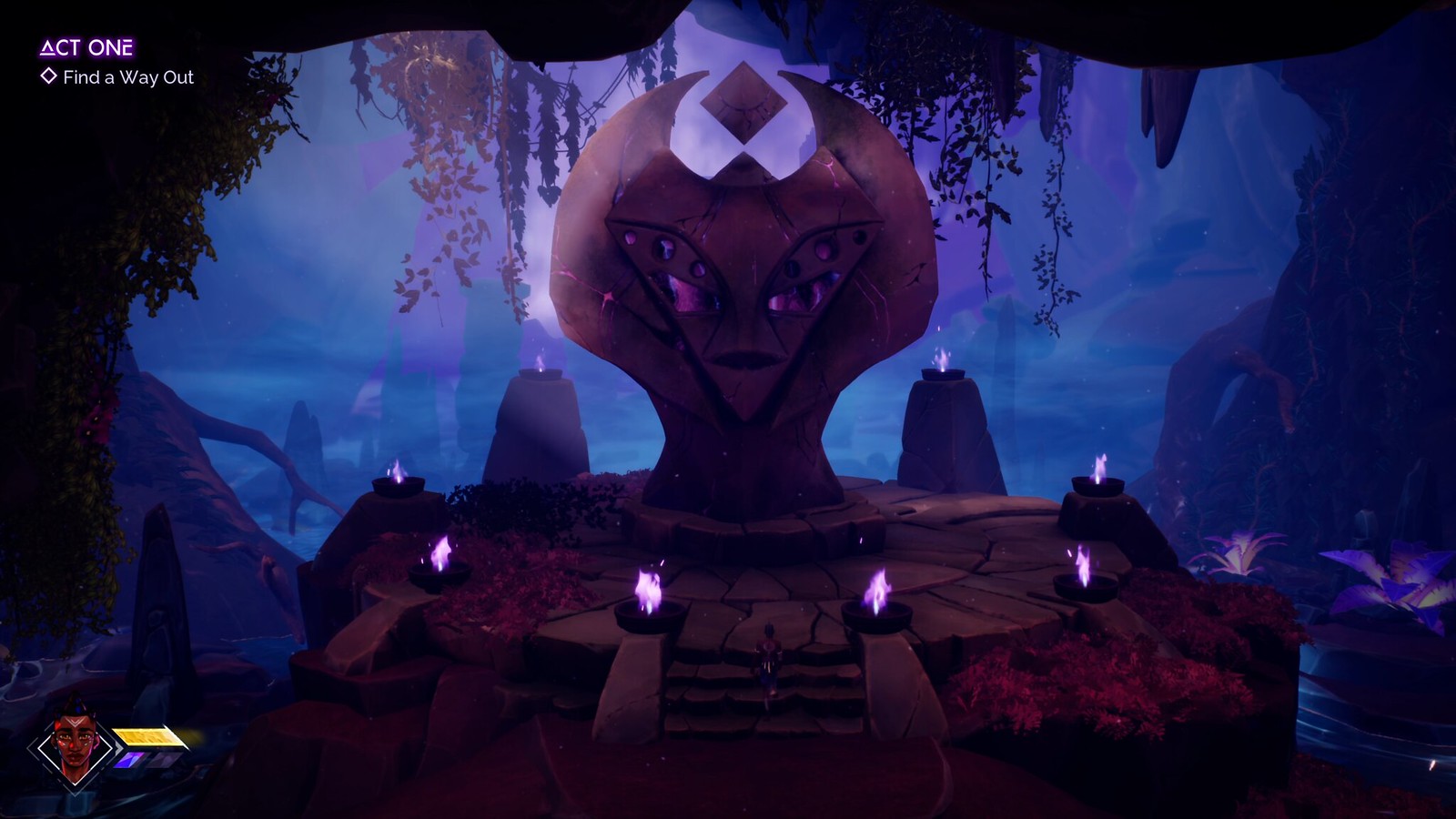Tales of Kenzera: Zau creator interview — Finding the beauty of creation in grief

I recently had the pleasure to speak with Abubakar Salim, founder of Surgent Studios and creative director of Tales of Kenzera: Zau, about founding his gaming studio and how his childhood, grief, and becoming a father were essential building blocks in the development of Tales of Kenzera: Zau coming to PS5 April 23. Listen to the full interview below.
PlayStation Blog: We’ve been curious about your game ever since you announced it on stage at The Game Awards. How do you feel now that all of it is out there in the open?
Abubakar Salim: Terrified, absolutely terrified. It’s one of those things where we’ve been building it behind the scenes for so long, and you reveal it to people, and everyone’s like, ‘Oh, wow, you’ve been building this. It looks so great.’ And you’re like, yes, so much blood, sweat, and tears went into this, but I’m super happy that it’s being received so well.
Tales of Kenzera: Zau is your first game. You’re originally more of a gamer, so what was the journey there?
I got into video games from my father. Essentially, he introduced me to them, and he would play a lot. Well, he would watch me play a lot, and he would dive in now and then. It’s always been my medium of taking in stories. I didn’t know you could have a career or work in games. It was this thing that you put a CD in a PlayStation, and gremlins work their magic inside.
It was one of those where it didn’t cross my mind that you could do it as a career. So I went into acting because I’ve always loved telling stories. Then, I started working in games, and Assassin’s Creed Origins was the first game that I did. I was a massive fan of the Assassin’s Creed franchise. So then, to be in it was mind-blowing. And that gave me the behind-the-scenes of, oh, wow, there are actual people making this stuff.
You’ve said the game’s gated exploration is well-suited to discussing grief. Can you explain that?
The beauty of these Castlevania or Metroid-like games is you throw the player into a map that they have no idea about, that they’re lost. They’re trying to gauge an idea of what it is, and the longer they spend in it, the more comfortable they feel, but at the same time, it’s still dangerous. And I think that is, to me, the perfect explanation or personification of grief.
You learn to live with it, and it’s not a bad thing. You then find your boundaries, and you play with them. I’ve accepted that, yeah, I will sometimes feel sad, and sometimes I feel angry. But sometimes, I’ll feel an element of relief and freedom, and that’s okay. At first, it’s a bit alien, but after a while, it’s like, Alright, cool. Let’s play.
The game is inspired by Bantu mythology. Can you tell us more about that mythology and why you chose it?
It comes from the stories that my dad would tell me as a kid. My grandfather was a nganga, which is a traditional sort of healer. And my dad would tell me all these wild stories of what he would do and talking to spirits and whatnot. He also told me of the different types of spirits and genies and all this jazz, and I realized that it all comes from Bantu myth.

Bantu is essentially all these different cultures within Africa, like the Zulu, taking a lot from their stories of creation or cosmology, and it’s so rich and vibrant. They have all these incredibly artistic stories that all have a lesson to them, as wild as Greek mythology and Norse mythology to a degree. It felt right paying homage to my father, what he would share with me, and his way of telling stories. It’s just a different perspective that I feel very lucky to have been exposed to.
The game is about getting over grief, but the world is colorful and vibrant. Was it to simply contrast to grief, or was there more to it regarding the art direction?
When I was pitching this to EA, and even to the team, I wanted to tell the story of grief, but I wanted it to be vibrant, colorful, and reactive. I remember feeling, after my father passed away, like the shutters were just open. Everything turned vivid and loud. And I remember it was almost like I was exposed.

Even though there is beauty and a celebration of these different cultures and colors, you’re experiencing them through a kid who is grieving. It doesn’t change the world outside, and that’s part and parcel of it all. Zau still has to do his thing to get to where he needs to, and he needs to react to a world that continues to spin, even though he is in a different mindset.
The theme of fatherhood reminds me of Cory Barlog’s God of War. How has becoming a parent affected the game?
A lot of the time, what grief can do is make you feel quite insular, makes you think about yourself, and now, being a dad, I joke about this with my friends. I’ve never felt the impulse to jump in front of a train for someone who doesn’t really know me for the first few months of their life. It’s such an animalistic love and care that it helped shape the world of Tales of Kenzera.
The game originally had these health pickups that you would go to, and it would increase your health, and since having Syrah, my daughter, the inspiration of actually, instead of them being these casual health pickups. What if there were just moments of reflection? What if there were moments of talking about how you feel?
Can you tell us about the music?
Nainita Desai and Rob Brown have conjured something magical. We brought Nainita on very early when I was going to explain the game. It’s about this young shaman’s journey, but it’s a story within a story. So you’ve got these two different kinds of cultures clashing and two different perspectives clashing, and she ran with it.
This whole experience has been surreal. I started this journey with this mentality of I want to make a game, and deliver what I feel is honest and true to me. And the fact that now I’m talking to PlayStation. I’m like, what, this is nuts. This has been really, really magical. Thank you very much.

Tales of Kenzera: Zau will be available on PS5 on April 23.




